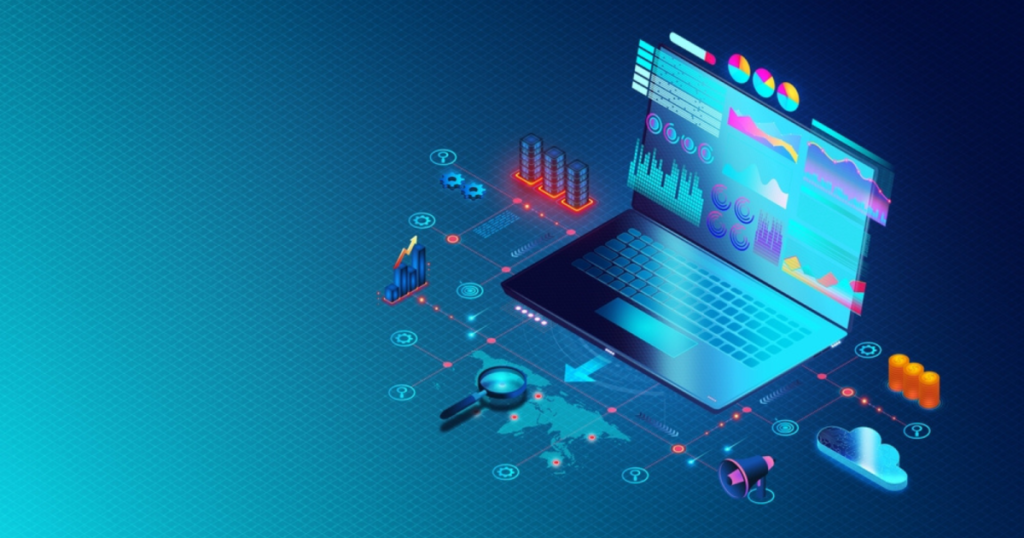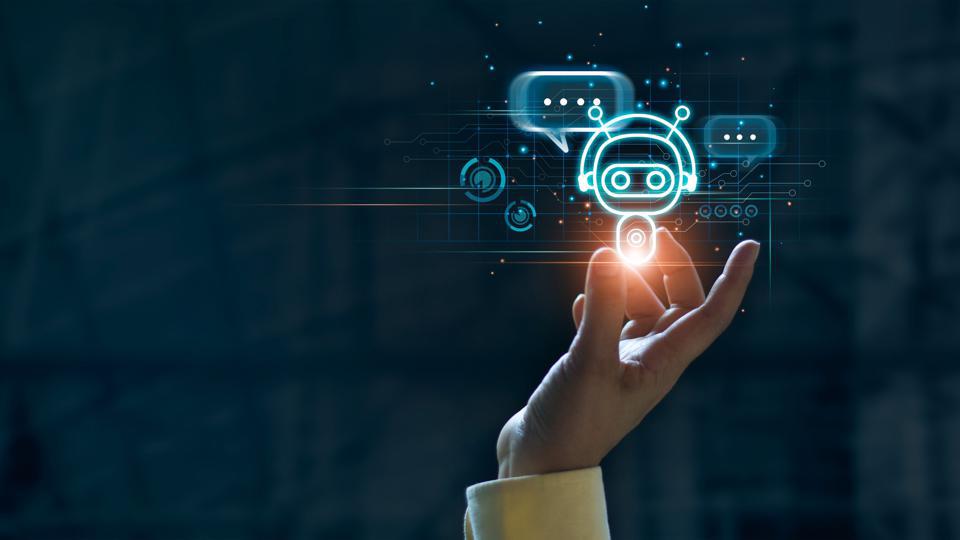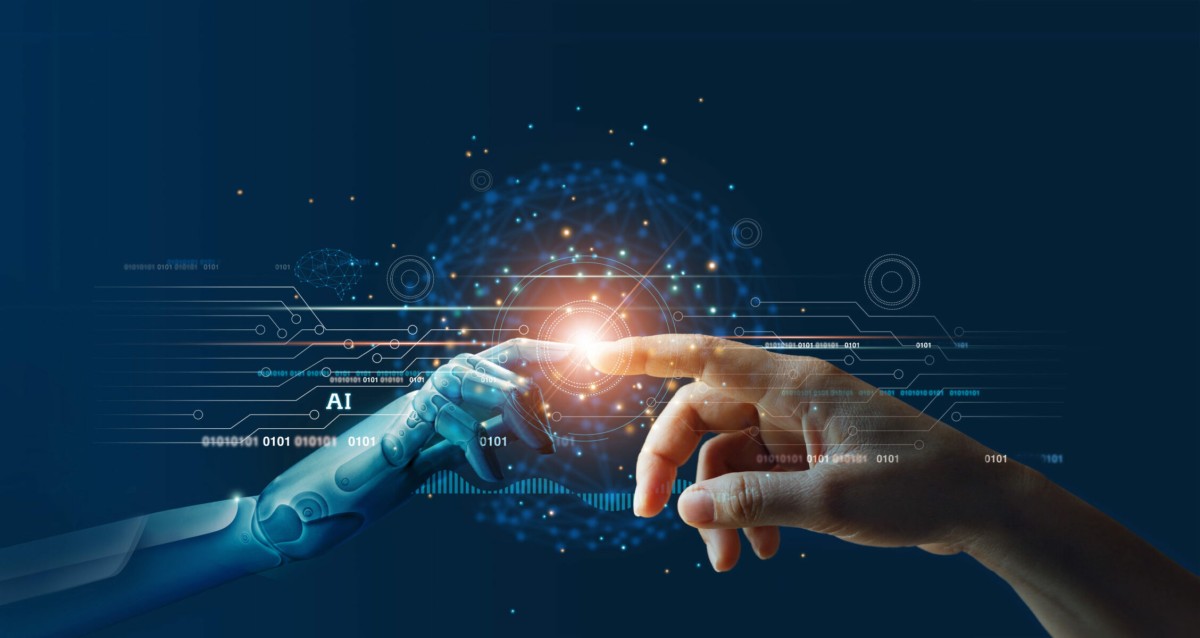All around the world, the impact of artificial intelligence is beginning to be felt. With phenomena like ChatGPT creating incredibly lifelike simulacra of things like movie scripts, marketing copy, and even fiction, it’s pretty much impossible to imagine a future in which AI doesn’t have a huge hand. If you’re worried about the AI revolution overtaking humans, then you may already be behind the times; in lots of ways, it’s arguably already here, although it may not be time to panic yet.
One area in which AI will almost certainly have a demonstrable effect is digital marketing. Many processes that are currently carried out by humans could conceivably be given to AI in the future, and AI could make your digital marketing campaigns dynamic and responsive by itself, without the need for human input. Here are some of the ways that AI could change digital marketing in the future, some of which are likely closer at hand than others.
Dynamically generated campaigns
Right now, humans are largely responsible for creating digital marketing campaigns. However, it’s not impossible to see a future in which this responsibility is given to AI. By feeding historical data into an AI and showing it what a convincing digital marketing campaign could look like, an AI could conceivably generate dynamic marketing campaigns based on the information it’s been given, and could, in time, learn to make these campaigns itself from scratch.
After all, most marketing campaigns follow a rough template, and while an AI probably won’t be able to make anything truly creative and original for some time, if you’re working to spec, there’s no reason an AI can’t achieve that.
SEO work
An AI could easily trawl content to make sure that it’s optimised for SEO. This is already happening to some degree; many SEO plugins for common content creation systems will show you whether or not your content is appropriate for SEO, so it’s not a stretch to imagine that an AI could generate content based on SEO parameters you input. Of course, content creation likely isn’t going to be something AIs excel at unless they’re given strict data on how to achieve it, but with that data, AI could generate SEO-friendly content easily.
The other side of SEO is, of course, technical, and this is another area where AIs could excel. It’s easy to imagine an AI crawling sites to make sure that their technical SEO is on point, making corrections to things like metadata, robots.txt files, and broken links wherever they find it.
Programmatic advertising

We’re already seeing the impact of AI in the advertising space. If you’ve never heard of programmatic advertising, it’s worth brushing up on, especially if you’re in the world of digital marketing. Essentially, programmatic advertising refers to AI algorithms figuring out where to buy up advertising space and what ads to display in that space by themselves. You can already see this in action around the web, so this is an example of how AI is already having a huge impact on digital marketing.
You can expect to see programmatic advertising algorithms become smarter and more responsive as time goes on, just like the rest of the AI world. You’re going to start seeing more targeted ads in more places, and that’ll be thanks to the improving intelligence of AI systems.
Chatbots and customer service

Customer service is an adjacent area to marketing, and you’re going to see AI take over in the world of customer service soon as well. For the most part, companies will likely find that although humans are almost always needed to solve more complex issues, chatbots and AI customer service assistants can be on hand to help customers with simple queries, which will lessen the workload for human customer service agents considerably.
Of course, consideration will need to be made regarding tone and approach, but this is something that can be taught to an AI with an appropriate dataset. We’re already seeing this in action, too; many websites now have chatbots in place of genuine customer service agents, at least until the problem has been fully ascertained.
Dynamic advertising and pricing
Using more sophisticated AI algorithms will allow marketers to put dynamic marketing practices into place. In essence, this will mean that ads and marketing campaigns will change more frequently based on the user that’s viewing them, and that these campaigns could even be procedurally generated based on what’s being sold at any given time. In essence, a campaign could be changed on the fly without the need for human intervention, which could massively speed up the conversion process.
In addition, dynamic pricing will give marketing a boost, with AI deciding what pricing to use based on various factors. We’re already seeing this in industries like transport; Uber adjusts its pricing based on demand, and it’s easy to see how this process could also be adapted to other retail environments.
Design and aesthetic
Right now, there’s a massive debate raging about the ethics of using AI to generate art, especially when that AI is using human-created art as a learning dataset. Essentially, the debate goes thus: the AI is unable to credit the humans it’s used as a source, and even if it could, it’s more ethical to pay for work from those humans than to use an AI that’s essentially ripping them off. Assuming a way forward can be found that satisfies all parties, though, AI art could become hugely useful for marketers.
It’s easy to see how marketers who aren’t particularly skilled in graphic design could use AI to generate images or logos to go along with brand campaigns. Again, the thorny ethical issue of human art and its intersection with AI art will need to be navigated, but the potential benefits are immense.


